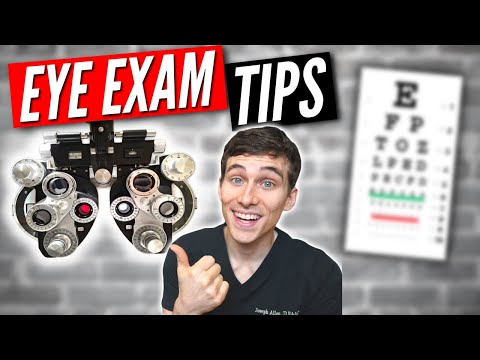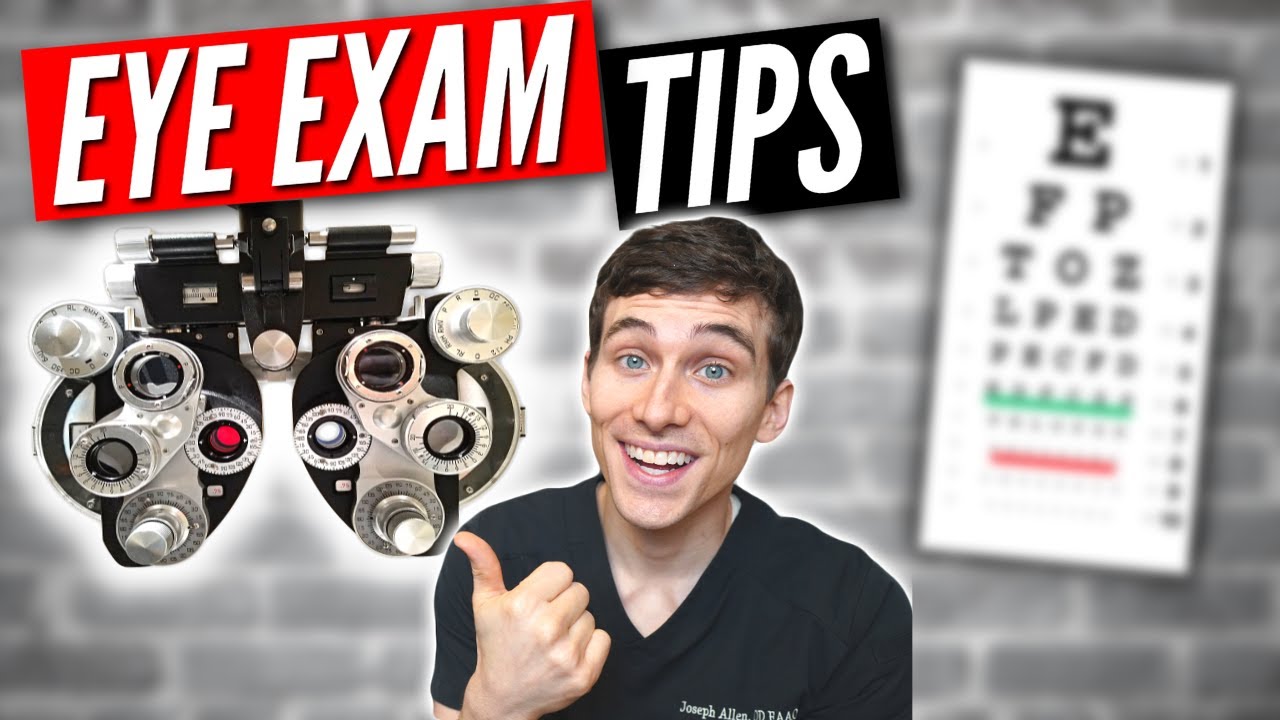Preparing for Your Eye Exam: Essential Items to Bring Are you eager to make the most of your upcoming eye exam? Wondering what to bring to ensure a smooth and productive visit? Look no further, as we have compiled a comprehensive list of three key items you should definitely have at hand. First and foremost, don’t forget to bring your current prescription glasses or contact lenses. Your eye care professional will be able to assess their effectiveness and make any necessary adjustments. Next, it is crucial to have your complete medical history with you. This includes details about any existing eye conditions, allergies, and medications you are taking. Sharing this information with your optometrist will enable them to better understand your eye health and provide accurate recommendations. Lastly, remember to bring along your list of questions and concerns. This is your opportunity to discuss any vision difficulties, eye strain, or discomfort you may be experiencing. It’s essential to communicate openly with your eye care provider to ensure a comprehensive and tailored examination. By bringing these essential items to your eye exam, you’ll be well-equipped to make the most of your visit, fostering a positive and informative experience.

What to Bring to Your Eye Exam
| Item | Reason |
|---|---|
| Prescription Glasses | Bringing your current eyeglasses or contact lenses will help your eye care professional assess your vision and make necessary adjustments to your prescription if needed. |
| Medical History | Providing your eye doctor with a comprehensive medical history, including past eye conditions, surgeries, or existing medical conditions, enables them to understand your overall health and assess potential risk factors impacting your vision. |
| List of Current Medications | Some medications can affect your eyesight or increase the risk of certain eye conditions. Informing your eye care professional about the medications you are currently taking will ensure they have a complete understanding of your ocular health. |
| Sunglasses | Wearing sunglasses with proper UV protection is essential after an eye exam, especially if your pupils were dilated. Sunglasses shield your eyes from harmful rays, reducing the risk of eye strain and other potential complications. |
| Insurance Information | Having your insurance information readily available will streamline the administrative process, allowing your eye care professional to verify coverage and make appropriate recommendations for your eye care needs. |
| Questions/Concerns | Prepare a list of questions or concerns you may have regarding your eye health, vision changes, or any specific issues you’ve noticed. This will ensure that you address all your concerns and receive the necessary guidance during your eye exam. |
What to Bring to Your Eye Exam
Regular eye exams are crucial for maintaining good eye health and detecting any potential issues early on. To ensure a smooth and productive appointment, it is important to come prepared. Here are some essential items to bring to your eye exam:
1. Your Prescription Glasses or Contact Lenses
If you already wear prescription glasses or contact lenses, make sure to bring them with you to your eye exam. Your eye doctor may want to assess the condition of your current eyewear or make adjustments to your prescription if needed. This will help ensure accurate and up-to-date vision correction.
2. A List of Your Medications
It is important to inform your eye doctor about any medications you are currently taking, as certain medications can have an impact on your eye health. Bring a list of all the medications you are taking, including over-the-counter drugs, vitamins, and supplements. This information will help your eye doctor make informed decisions regarding your eye care.
3. Your Medical History
Your medical history plays a significant role in your eye health. Certain medical conditions, such as diabetes or high blood pressure, can increase the risk of vision problems. It is vital to provide your eye doctor with accurate information about your medical history, including any previous eye injuries, surgeries, or conditions. This will help them better understand your overall health and determine the appropriate course of action during your eye exam.
4. A List of Questions and Concerns
Before your eye exam, take some time to write down any questions or concerns you may have regarding your vision or eye health. This will ensure that you don’t forget to discuss any important issues with your eye doctor. Whether you are experiencing dry eyes, blurry vision, or have questions about specific eye conditions, having a list of questions will help you make the most of your appointment and receive the necessary guidance.
5. Your Insurance Information
If you have vision insurance, bring your insurance card and any necessary documentation to your eye exam. This will allow your eye doctor’s office to verify your coverage and facilitate the billing process. If you are unsure about your insurance benefits, contact your insurance provider prior to your appointment to understand your coverage and any potential out-of-pocket expenses.
Remember, it is always better to be over-prepared than under-prepared when it comes to your eye exam. Bringing these essential items will help ensure a smooth and productive appointment, allowing your eye doctor to provide the best possible care for your eyes.

